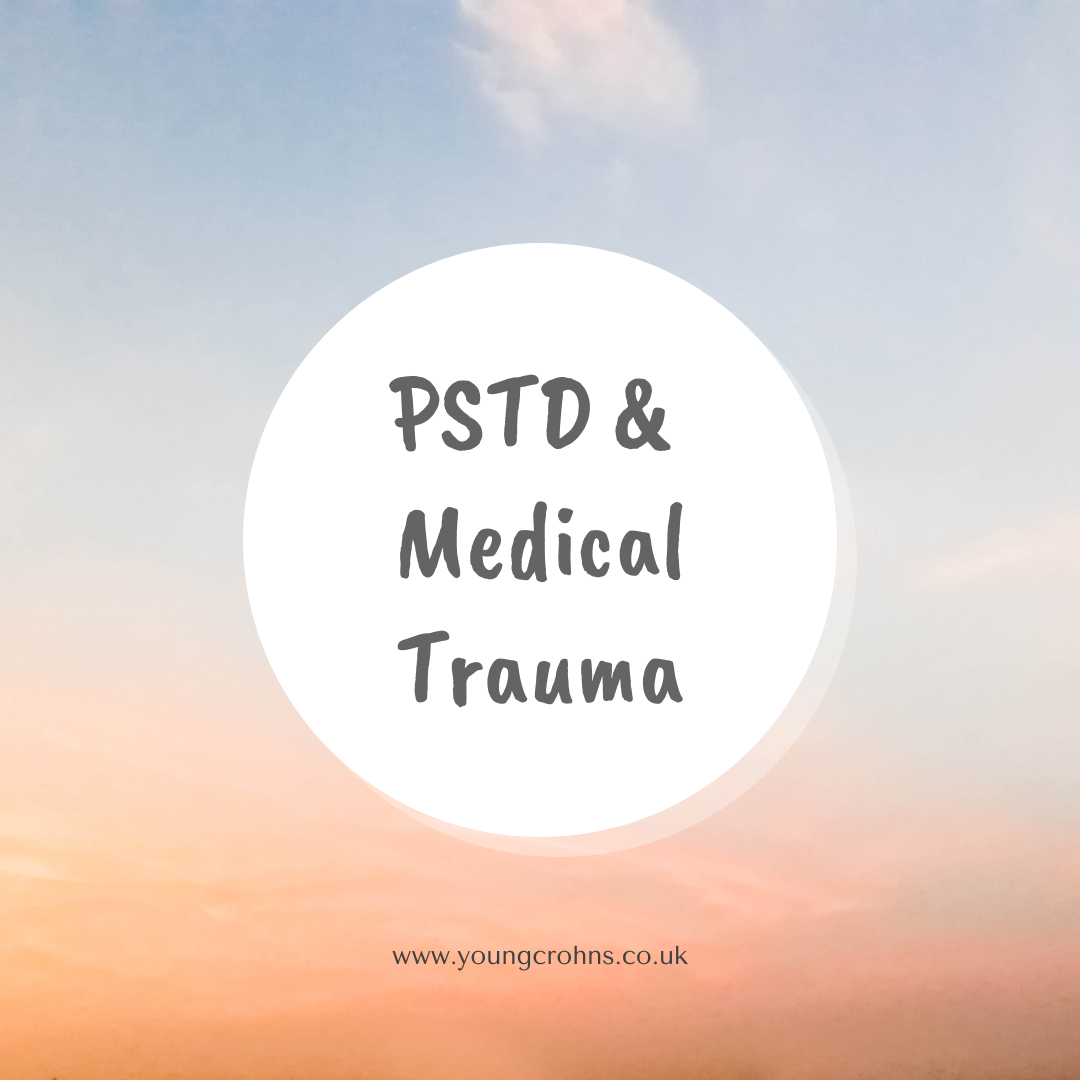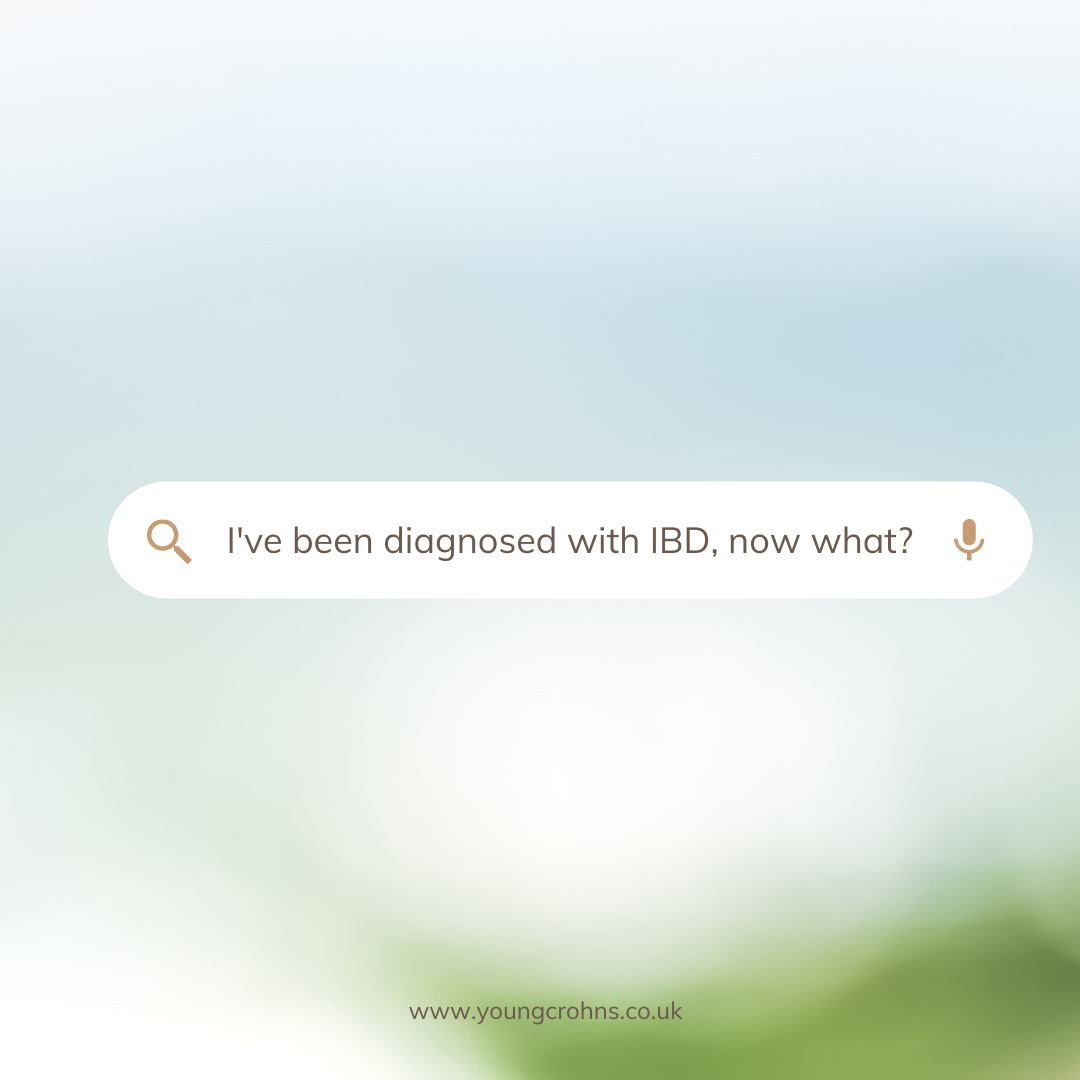
PTSD & Medical Trauma
NB: This post talks about post traumatic stress disorder and medical trauma. If you find anything in those two subject areas triggers, please do not continue to read onward.
Most people probably believe that PTSD only affects veterans, victims of sexual assault, or people who have witnessed death or tragedy. How could someone with chronic illness be in that same category? However, research indicates that people with chronic health conditions may be at risk.
What is PTSD?
Post-traumatic stress disorder (PTSD) is an anxiety disorder caused by very stressful, frightening or distressing events.
Someone with PTSD often relives the traumatic event through nightmares and flashbacks and may experience feelings of isolation, irritability and guilt. They may also have problems sleeping, such as insomnia, and find concentrating difficult. These symptoms are often severe and persistent enough to have a significant impact on the person’s day-to-day life
Any situation that a person finds traumatic can cause PTSD.
These can include:
- serious road accidents
- violent personal assaults, such as sexual assault, mugging or robbery
- serious health problems
- childbirth experiences
PTSD can develop immediately after someone experiences a disturbing event, or it can occur weeks, months or even years later. PTSD is estimated to affect about 1 in every 3 people who have a traumatic experience, but it’s not clear exactly why some people develop the condition and others do not.
What is Medical Trauma and why is it different to PTSD?
Medical trauma is the subjective personal experience of an individual in response to a medical procedure, injury or treatment that results in a range of complex negative psychological and physiological responses.
Symptoms of medical trauma can vary in intensity and may include, but are not limited to:
- Fear of medical settings or medical staff
- Physical sensations, such as pain, sweating, feeling sick or discomfort
- Repetitive negative thoughts about your experience
- Avoidance or emotional numbing
- Irritability
- Feelings of depression and anxiety are commonly experienced alongside medical trauma
A medical trauma response can often be the result of a high level of stress preceding or following the medical procedure. One understanding of medical trauma is that it arises due to the inability to properly process the emotions after the event. As a result of high stress, demanding jobs or busy lives, we do not give ourselves enough time to mentally heal, as well as physically healing, from a medical procedure.

Is There a Link Between Chronic Illness and PTSD?
Scholars have long known that people who live with chronic illness are at a greater risk of experiencing PTSD-like symptoms. However, the trigger for these symptoms is not a one-time event that occurred in the past; rather, chronic disease is an ongoing threat to safety.
It’s estimated that 12 to 25% of people who experience a life-threatening illness develop medically-induced PTSD (Edmondson, 2014). We know that health consequences of PTSD include diminished mental and physical quality of life. Of particular note is that PTSD produces higher inflammation levels, that negatively affect health. PTSD also can affect adherence to medical treatment, as people who use avoidance tactics to manage PTSD symptoms are less likely to take their medication, implement lifestyle changes, and see their doctors for follow-up visits (Edmondson, 2014).
The onset of illness is often sudden and unexpected. There are usually lifestyle changes that accompany diagnosis, and the effects of a chronic medical condition are generally long term. The combination of diagnosis, treatment, and illness-related factors may lead to PTSD. Symptoms of PTSD in someone with chronic health issues include anxiety — specifically about future treatment — as well as difficulties sleeping, shame and self-blame, withdrawal from social situations, and treatment avoidance.
For many people living with chronic illness, re-experiencing – a mental re-living of the trauma which can include intrusive thoughts, flashbacks and nightmares – is particularly alive during interactions with doctors and hospitals. Driving by the hospital may cause panic; the prospect of both testing and treatment procedures can create tremendous anxiety. Some of us have particularly strong memories — a procedure, a surgery, a hospital stay in which our pain was unrelenting, or have experienced an unsympathetic doctor. Others of us have fragments of memories that have not been processed and don’t make a coherent narrative; we only know that we are terrified.
Treating Medical Trauma & PTSD in those with Chronic Illnesses
If you are struggling with symptoms you suspect may be related to medical trauma, the first step is reaching out to a mental health professional—a clinical counsellor or social worker, or a psychologist, are good options, especially if they have a background in trauma.
A good psychotherapist can help you build coping strategies that will help you feel safer and more in control. Some of these strategies include self-talk, support networks, and multi-step plans to see you through medical crises. As you feel more in control, hyperarousal should decrease.
Good psychotherapy also will help you to diminish re-experiencing symptoms by supporting you in developing a narrative of your illness experience. Those fragmented flashbacks need to be named, felt, and placed into the story of your life to be integrated.

Until next time,

Do you have any questions or queries? Or just want to share your own experiences? You can leave me a reply here or leave comments via my social media accounts – on Twitter, find my blog page on Facebook and over on Instagram
Further Reading / References:
- What You Need to Know about Medial Trauma – Health Central
- Chronic Ilnness and Truama Disorders – Psychology Today
- ‘I Have Medical PTSD From My Chronic Illness—Here’s What I Want You to Know‘ – Tracey Miller, Health.com
- Working through the trauma of chornic illness – IBDVisible, Crohns Colitis Foundation



